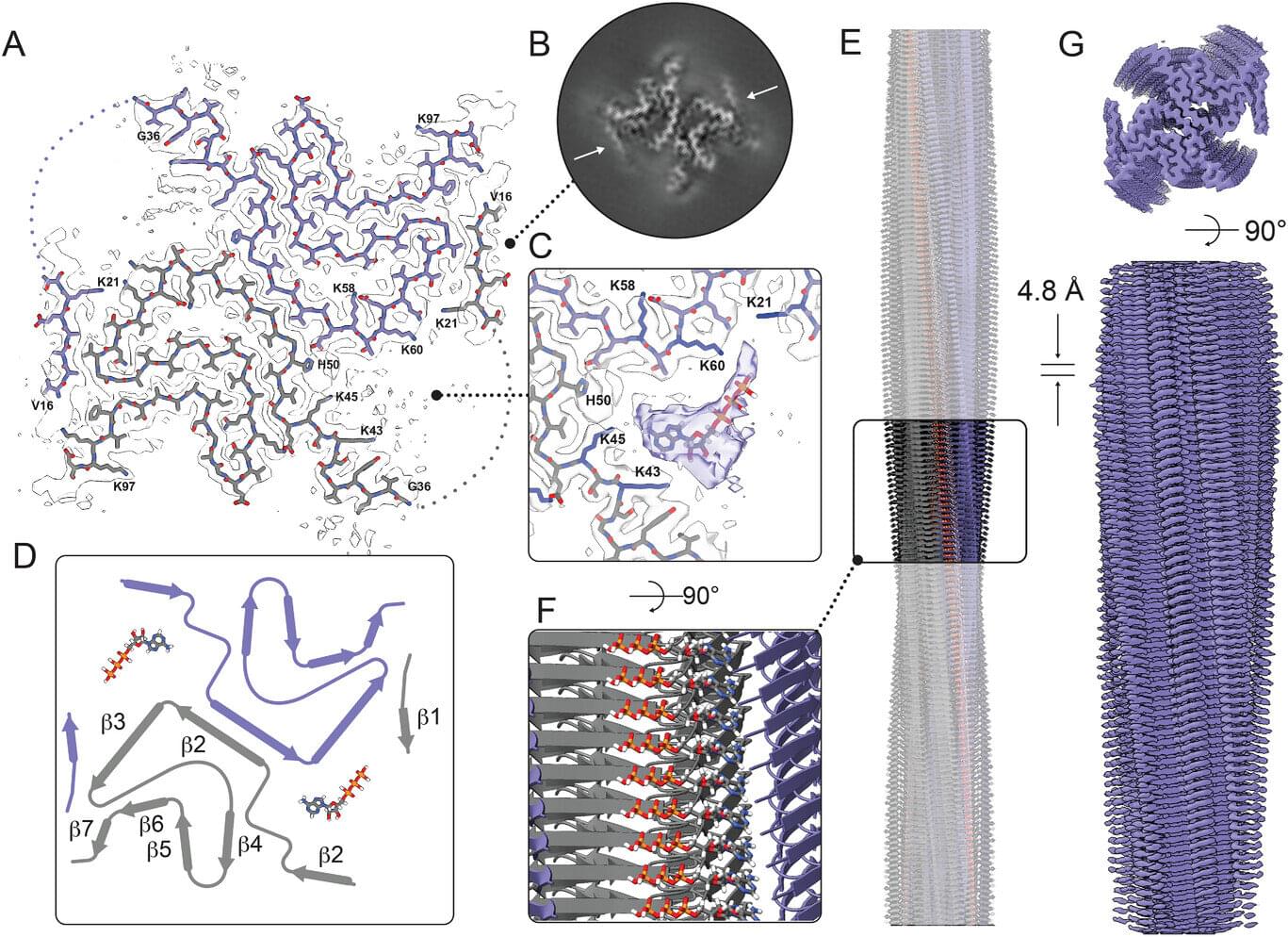A new study led by Rice University’s Pernilla Wittung-Stafshede has revealed that protein clumps, or plaques that clog the brain, associated with Parkinson’s disease are not merely waste; they can actively drain energy from brain cells. These clumps, composed of a protein called alpha-synuclein, were found to break down adenosine triphosphate (ATP), the molecule responsible for powering nearly all cellular activities.
Published in Advanced Science, the research demonstrates that when ATP binds to these clumps, the protein reshapes itself to trap the molecule in a small pocket. This process causes ATP to break apart and release energy, functioning similarly to an enzyme.
This unexpected finding could change scientists’ understanding of the damage caused by these clumps, which are hallmarks of diseases such as Parkinson’s and Alzheimer’s.
